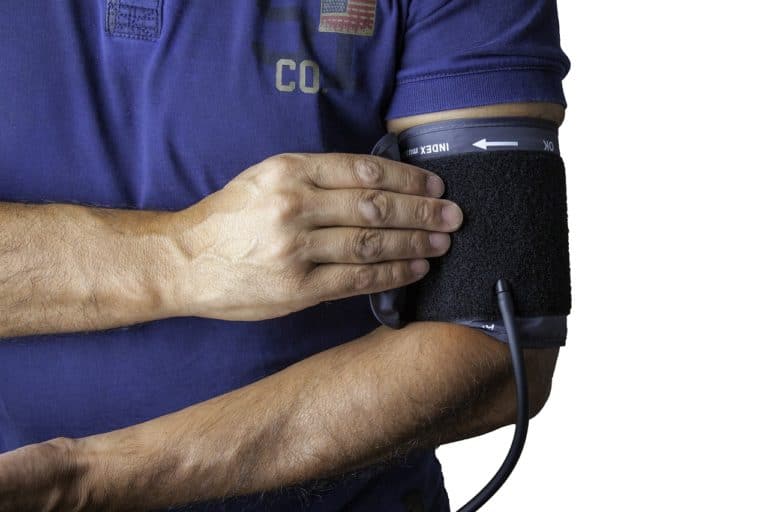We highly recommend reading the article Prostate Cancer: Prevention, on the Johns Hopkins Medicine website.

Similar Posts

What Are the Best Meat Substitutes?
People turn to meat substitutes for a variety of reasons, which may or may not include health factors, such as the absence of cholesterol, low to no saturated fat, a good source of nutrients and fiber, and avoidance of hormones, antibiotics, and steroids found in many animal products. Other reasons that can coexist with health…

What Is the Best Food For Prostate Health
The time-tested adage that “You are what you eat” may sound trite, but it really is true, particularly as it relates to prostate health. The stereotypical guy loves his steaks, his burgers, and his Buffalo wings, especially during tailgating season. Cheering on your favorite team just doesn’t seem right without a hot dog in one…

Should I Take Bee Pollen For Prostate Health?
You don’t need to be as busy as a bee to enjoy the health benefits of bee pollen. Some of the benefits of taking bee pollen for prostate health include anti-inflammatory and antioxidant properties that can help men with an enlarged prostate or prostatitis, help in restoring prostate health, and promote urinary tract health. Men…

Can Omega 3 Fish Oil Treat Prostate Cancer?
The findings of a new review suggest that dietary omega-3 fatty acids from fish oil fight prostate cancer on several levels. Although this is not the first study to show a positive relationship between fish oil and the growth and progression of prostate cancer, it does, according to the authors, “underscore the potential of fish…

Older Adults Need More Vitamin D To Prevent Mobility Problems
As people get older, one major concern is the decline in physical function, including mobility problems and an increased risk of disability. Researchers from Wake Forest Baptist Medical Center believe older adults need more vitamin D to help prevent these physical limitations, which can in turn have a significant negative impact on quality of life. A…

Is Your Blood Pressure Normal?
Blood pressure, or hypertension, is the force of the blood pushing against the walls of the arteries. High blood pressure increases the heart’s workload and can damage the arteries. Long-term hypertension that is not controlled can increase one’s risk of stroke, heart disease, and kidney disease. Untreated high blood pressure is a risk factor for…
